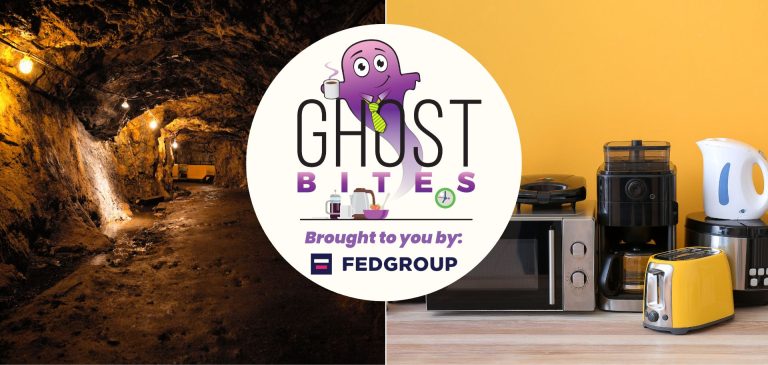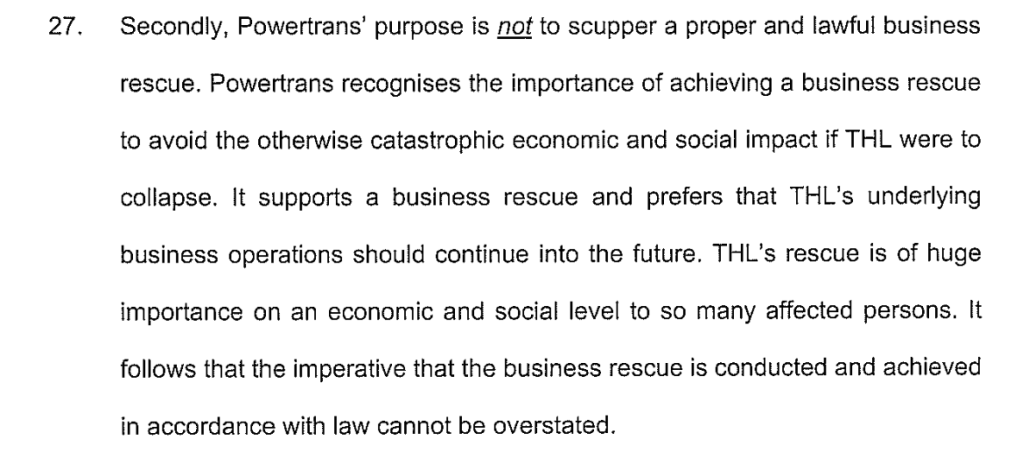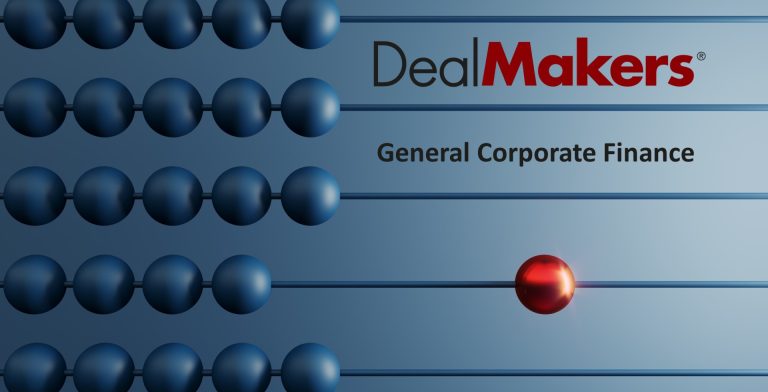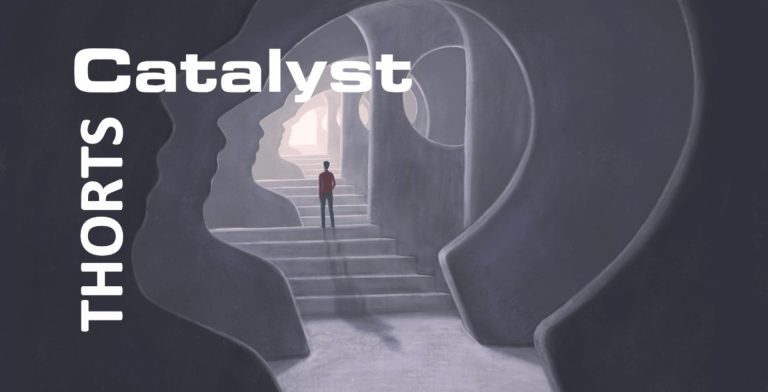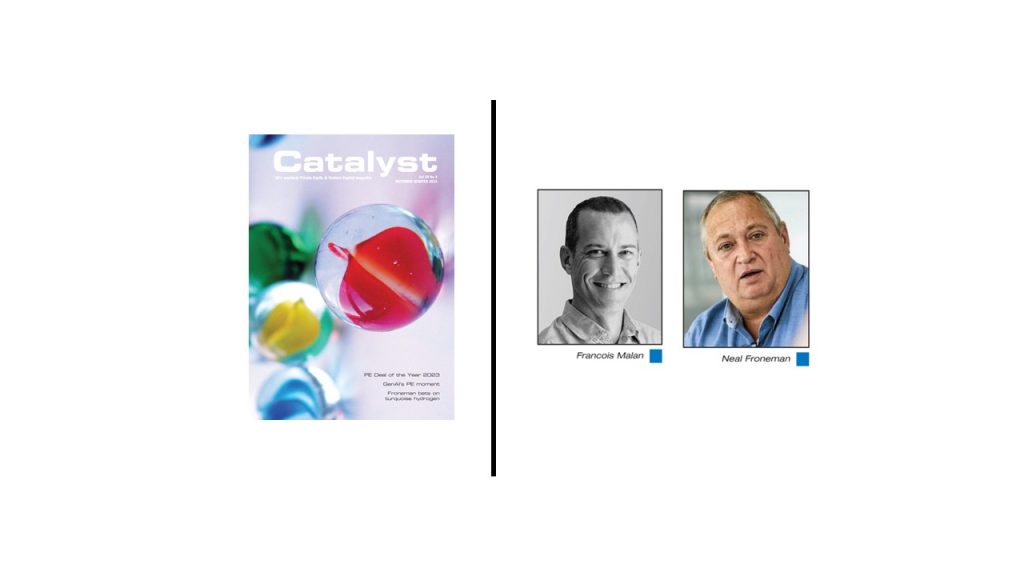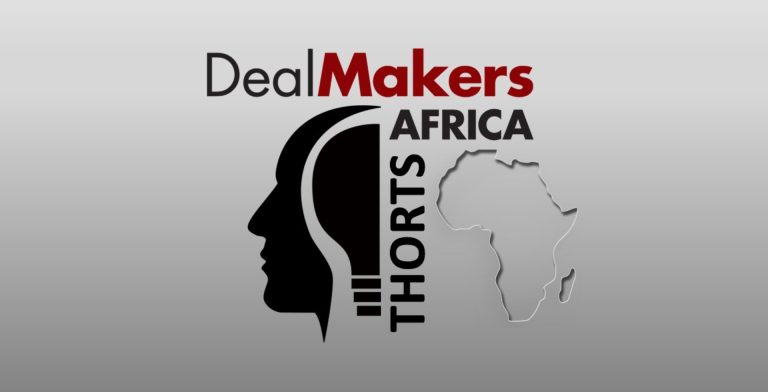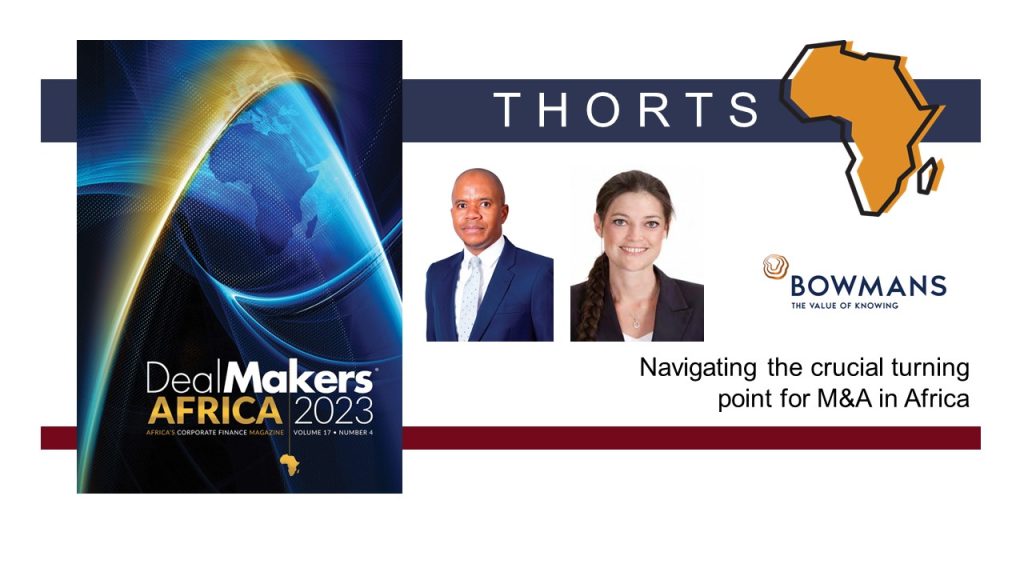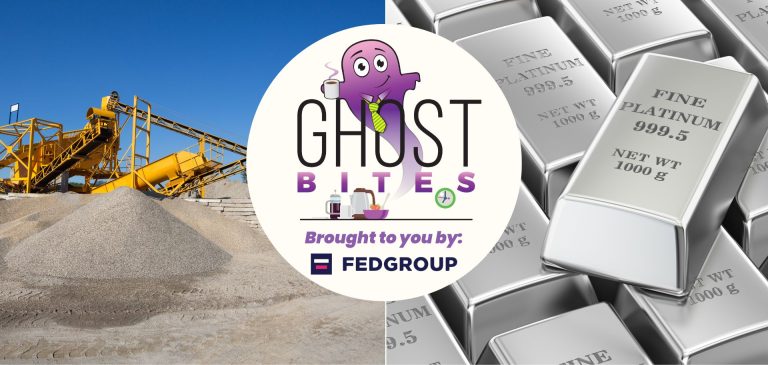Get the latest recap of JSE news in the Ghost Wrap podcast, brought to you by Mazars:
Accelerate Property Fund taps the market (JSE: APF)
The company needs to raise R200 million via a rights offer
Accelerate Property Fund has a broken balance sheet. Fixing such a problem isn’t easy, unless there are properties that are easy to sell at market value. Even then, this inevitably means selling the best properties in a portfolio to reduce debt and being left with only that yucky stuff at the bottom of the dishwashing water.
Accelerate Property Fund got itself into this mess and shareholders will be asked to get it out. The company warned in December 2023 that a rights issue of up to R300 million may be needed. Although the end result isn’t quite as bad as that, a right issue of up to R200 million is still very far from ideal.
This is being done at a fat discount to what is already a highly discounted share price. The subscription price is a discount of 31.65% to the 30-day VWAP. Although excess allocations will not be allowed, this is a renounceable rights offer and so shareholders can try sell their letters of allocation in the market if they aren’t going to follow their rights.
Whatever you do, don’t allow your letters to expire worthless. Either follow your rights or sell the letters, or all you are doing is destroying value in your shareholding.
K2016336084 (South Africa) has fully underwritten the offer. Although this circular doesn’t say it, a previous announcement described this entity as the iGroup, which already holds a significant minority stake in Accelerate. Whether or not that name is still applicable isn’t obvious, but what is useful in the circular is a note that Urban Retail Property Investments is the sold shareholder in that entity.
The underwriter gets paid a delicious 5% fee of R10 million for this (plus a recoupment of costs of up to R300k), which just means more pain for other shareholders. Escaping a rotten balance sheet is always a very unpleasant exercise.
The circular is available here.
Purple Group swings into the green (JSE: PPE)
And now we wait for full details
Purple Group released a trading statement for the six months ended January 2024 that tells a positive story. After reporting a headline loss per share of 0.84 cents in the prior period, Purple has swung solidly into the group with HEPS of between 0.74 cents and 0.82 cents.
Keep in mind that this is a stock trading at 70 cents per share, so this puts it on a rather daft Price/Earnings multiple. Of course, the market is smarter than that, so investors will wait for more information on the drivers of these earnings and other key metrics like cash conversion.
After a one-way journey for the share price since the peaks in early 2022, this is a welcome return to profitability. Full details are expected on Tuesday, 16th April.
Transaction Capital: life after WeBuyCars (JSE: TCP)
More leadership changes have been made
The Transaction Capital share price dropped to R3.36 in the aftermath of the WeBuyCars unbundling. This is where value investors will pay attention, as the “ugly duckling” that gets ignored by the markets is where savvy value investors can make money. It’s also where they can get severely humbled. Nobody said this game was easy.
With WeBuyCars now out of the picture and Transaction Capital having taken the opportunity to unlock some capital in the process to help repair the balance sheet, the group now has the charred remains of SA Taxi and the interesting prospects of Nutun to manage, along with some other bits and pieces.
To navigate the way forward, the board is being streamlined into three committees (down from six). Forgive me for not spending much time on non-executive director stuff, particularly since there were plenty of committees in place when I watched my Transaction Capital position blow up. Instead, I’ll focus on the executive changes, with the big one being that the Chief Investment Officer and Chief Financial Officer roles are being combined into a single executive position. Mark Herskovitz is stepping into that role, having been with the group since 2007 in various leadership roles. Sahil Samjowan is stepping down as CFO.
It’s also rather interesting to note that another Transaction Capital founder has been pulled off the proverbial golf course to come back and help fix things up. Roberto Rossi is being appointed as an executive director of TransCapital Investments.
The road ahead will be volatile, of that I’m confident.
York raises debt from an international lender (JSE: YRK)
Those biological asset movements must’ve been a key part of this negotiation
York Timbers is many things, but a cash cow hasn’t been one of them. Forestry is a complicated thing and movements in the valuation of the biological assets can look very different to the operational profits in a given year. York seems to have found a lender who understands that, with Nederlandse Financierings-Maatschappij Voor Ontwikkelingslanden N.V. (there’s a candidate for your next tongue twister) agreeing to lend R350 million to York as a new long-term facility.
This will refinance R146 million in debt from the Land and Agricultural Development Bank of South Africa and R75.7 million from Absa. They will also use R65.4 million to acquire Pine-Valley farms. The rest will be for general working capital and the Environmental and Social Action Plan.
The loan is for a nine-year period and must be paid off in instalments. Capital repayments only start after three years.
The rate is 3-month JIBAR plus a margin of 338 basis points per annum. This works out to 11.73% based on Friday’s JIBAR rate. The margin drops by 50 basis points once York achieves two consecutive years of net profit and a net debt to EBITDA ratio below 3x.
The debt has been structured to match the profile of York’s plantation reaching optimal rotation age, which is perhaps why York needed an international lender to get this right. This is very different to the standard loan and credit process.
Little Bites:
- Director dealings:
- It wasn’t the easiest thing to figure out, as Mpact (JSE: MPT) first announced the vesting of 2021 Bonus shares as well as shares under other schemes, and then a few days later announced the extent of share sales. As always, sales to cover tax don’t count as a sale for me, but excess sales do. From what I can see, almost all the executives and prescribed officers chose to sell all the shares that vested, rather than just a portion. On top of that, a director of the major subsidiary also sold R2 million worth of shares in an on-market trade.
- The spouse of the CFO at Standard Bank (JSE: SBK) sold shares in the company worth R149k.
- The stake held by Canal+ in MultiChoice (JSE: MCG) is now 40.01%, with the company mopping up liquidity in the market with recent purchases between R117 and almost R120 per share. Canal+ will keep doing this provided the price is below the mandatory offer price of R125 per share.
- AH-Vest (JSE: AHL) has practically zero liquidity and a market cap of R2 million. No, that isn’t a typo. The share price is at 2 cents per share. For the six months to December 2023, HEPS will be 37% higher than the comparable period, coming in at 2.59 cents per share. This is one of those classic examples of a very odd situation in microcap land.
- Visual International (JSE: VIS) replaced Moore Infinity with LDP Chartered Accountants as its auditors. This will save on audit costs going forward. LDP’s website suggests that they have nearly 140 staff, so it’s not the smallest place around even though I hadn’t heard of them before.
- Salungano Group (JSE: SLG) announced a further delay to the publication of FY23 financial results due to the audit opinion not being finalised in time. To make it worse, no updated timeline has been given. The company also reminded shareholders that the business rescue process for Wescoal Mining is waiting for the postponed meeting in June 2024. The business rescue for Keaton Mining is under appeal, as the business rescue application was initially dismissed.





